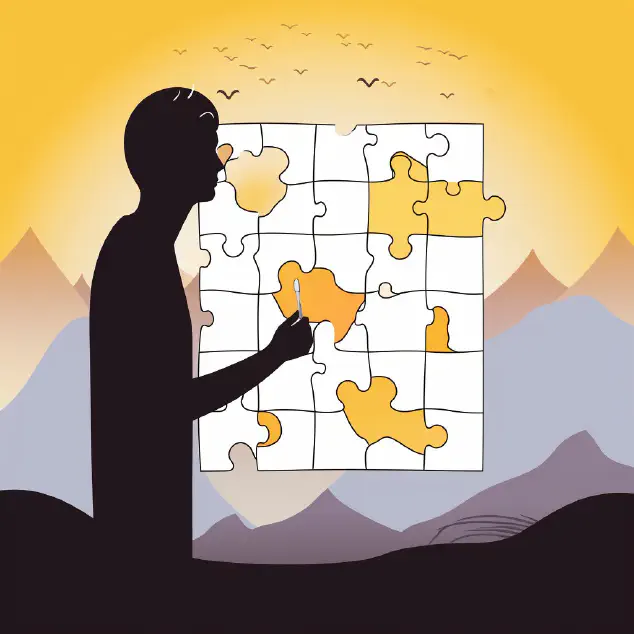
As human beings, we are all susceptible to biases. These biases can be conscious or unconscious and can have a significant impact on our decision-making abilities. However, by challenging our thought processes, we can learn to recognize and overcome these biases, leading to better decision-making. In this blog, we explore the concept of bias, how it affects decision-making, and ways to challenge your thought process for better decision-making.
What is Bias?
Bias refers to a preference or inclination towards a particular idea, belief, or opinion. It can be influenced by a wide range of factors, including personal experience, cultural background, social environment, and media exposure. Bias can be conscious or unconscious, and it can have a significant impact on our perception of the world, our behavior, and our decision-making.
How Bias Affects Decision-Making
Bias can affect decision-making in a number of ways. For example, it can lead to overconfidence, where individuals believe that their decision-making abilities are better than they actually are. It can also lead to confirmation bias, where individuals seek out information that confirms their existing beliefs and ignore information that contradicts them. This can lead to poor decision-making and can result in missed opportunities.
Challenging Your Thought Process for Better Decision-Making
Challenging your thought process is key to overcoming bias and making better decisions. Here are some ways to challenge your thought process:
1. Recognize Your Biases
The first step in challenging your thought process is to recognize your biases. This can be difficult, as many biases are unconscious. However, by reflecting on your thoughts and beliefs, you can begin to identify patterns that may be influenced by bias. This can help you become more aware of your biases and make more informed decisions.
2. Seek Out Different Perspectives
Another way to challenge your thought process is to seek out different perspectives. This can be done by seeking out information from a wide range of sources, including people with different backgrounds and experiences. This can help you see a broader range of perspectives and can help you make more informed decisions.
3. Question Your Assumptions
Challenging your assumptions is another key aspect of overcoming bias. Assumptions are often based on incomplete or inaccurate information, and questioning them can help you make more informed decisions. This can be done by asking questions, seeking out information, and considering alternative perspectives.
4. Practice Critical Thinking
Finally, practicing critical thinking is essential for challenging your thought process and making better decisions. Critical thinking involves analyzing information, evaluating arguments, and making reasoned judgments. It can help you identify and overcome biases and can lead to more informed and effective decision-making.
Conclusion
In conclusion, bias can have a significant impact on our decision-making abilities. However, by challenging our thought processes, we can learn to recognize and overcome biases, leading to better decision-making. By recognizing our biases, seeking out different perspectives, questioning our assumptions, and practicing critical thinking, we can make more informed and effective decisions.


